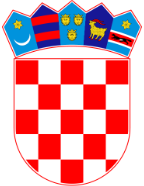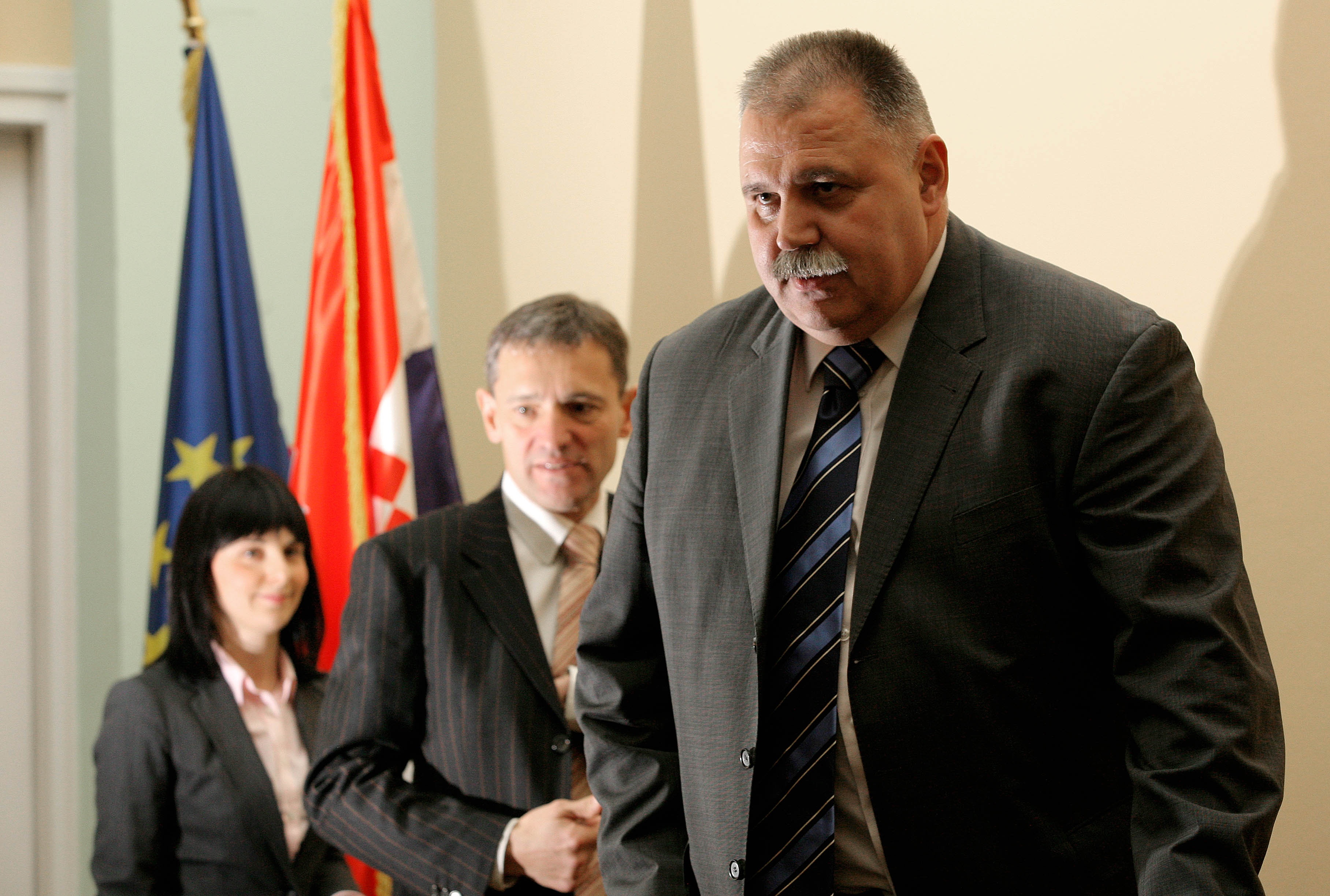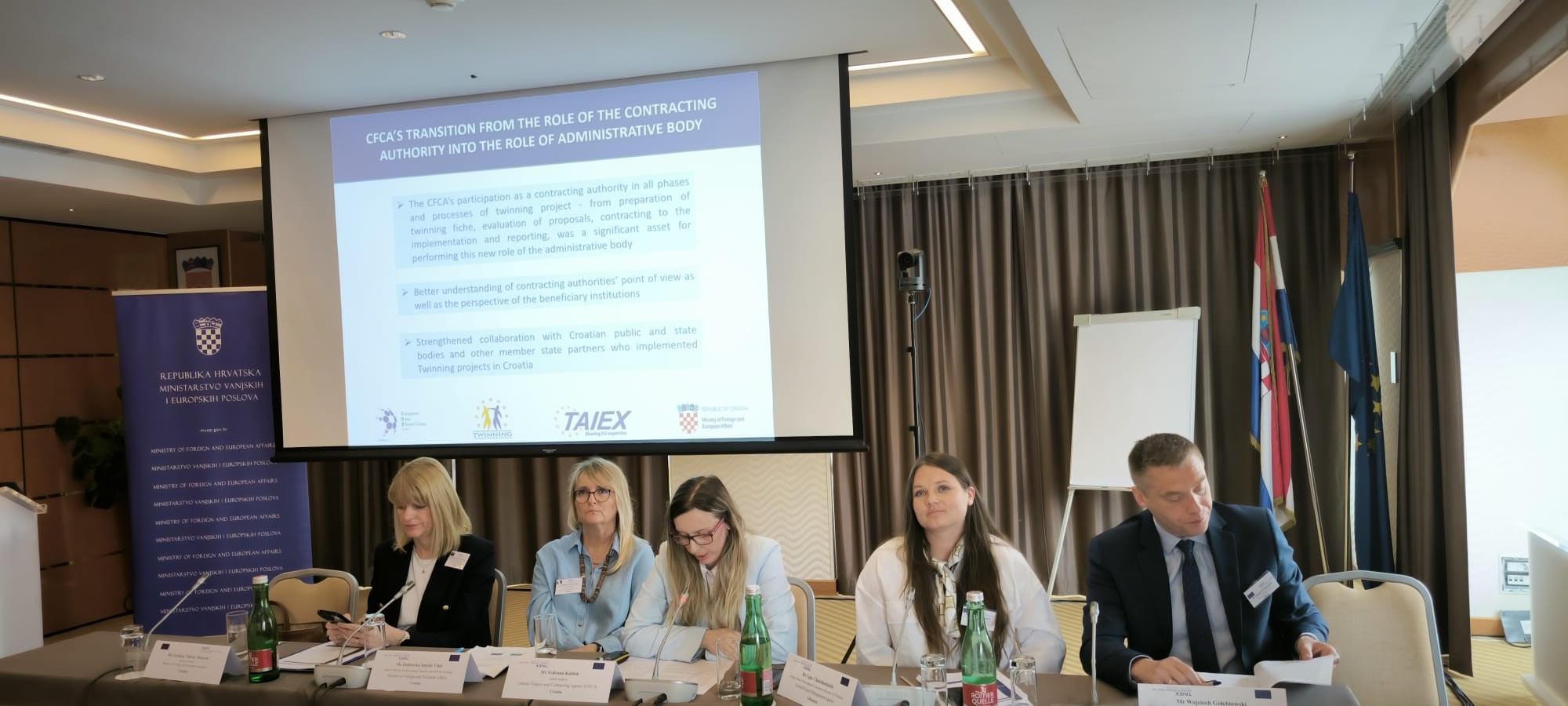Its main objective was to strengthen the capacity of state institutions and local authorities in internal financial control including financial management, supervision and internal auditing in accordance with European Union standards.
A total of 186 internal auditors were given work permits — 105 on the level of central and 81 on the level of local and regional authorities.
Internal audit units were established in about 80 state and local institutions.
The chief of the Delegation of the European Commission in Croatia, Vincent Degert, said the internal control system was significant for an effective and responsible spending of public money.
A good internal control system for public finances is in the interest of taxpayers and it is also important in Croatia\’s accession negotiations with the EU, he said.
Degert added that the end of the project did not mean the end of efficient control of public finances, which he said should be lowered to the level of local administrations.
Finance Minister Ivan Suker said budget beneficiaries should be assured that internal financial control was not supervision but help in the management of budgetary funds.
\”The best assessment of our work will be the State Audit report and results in the management of EU funds,\” he added. (Hina)










